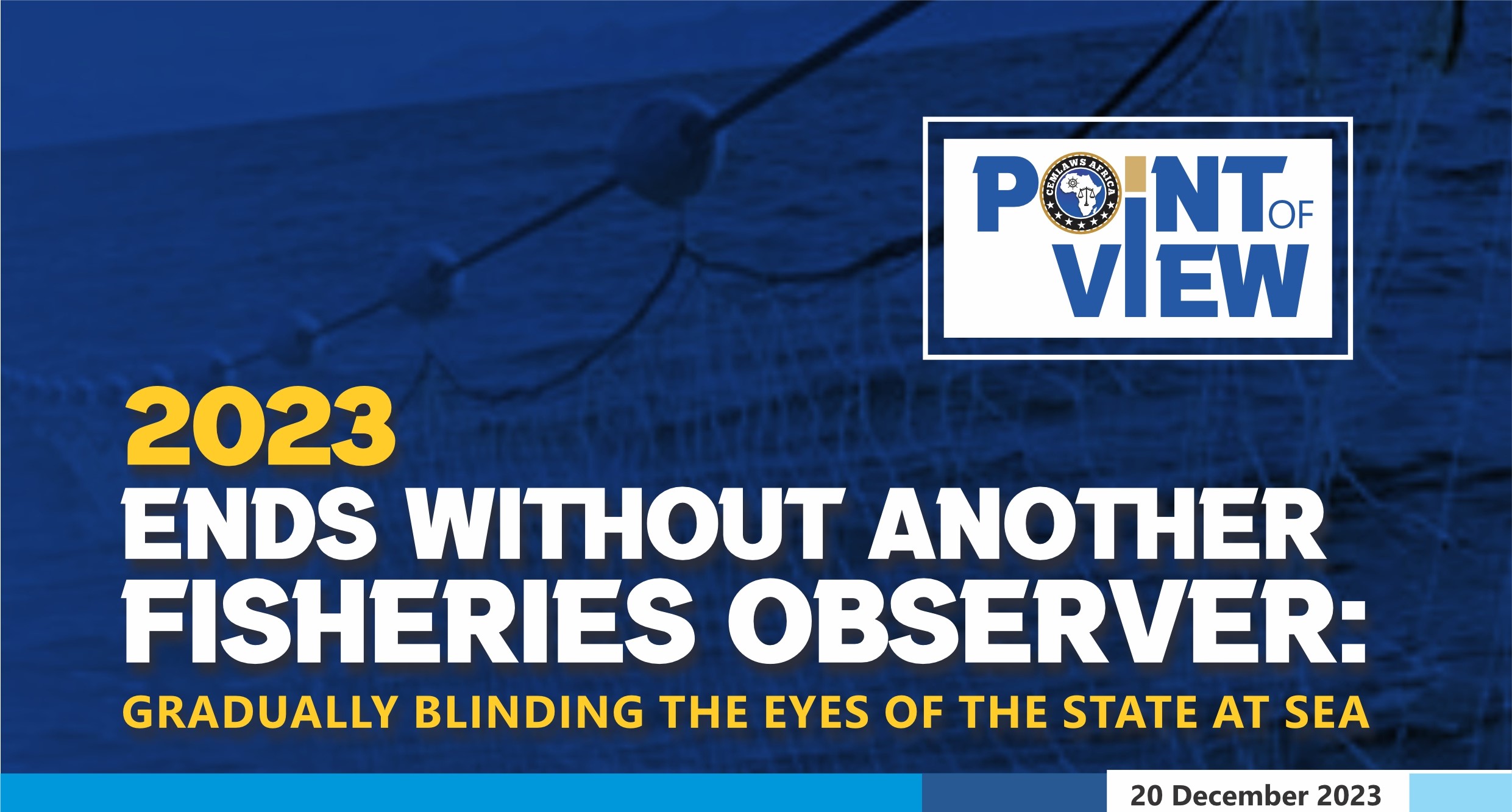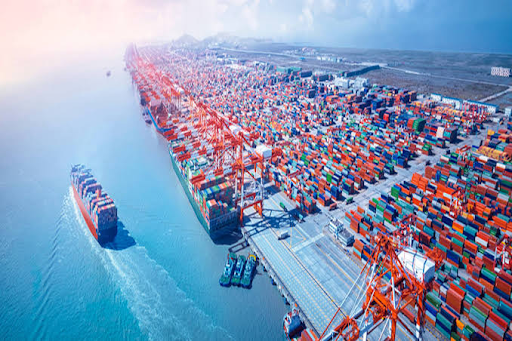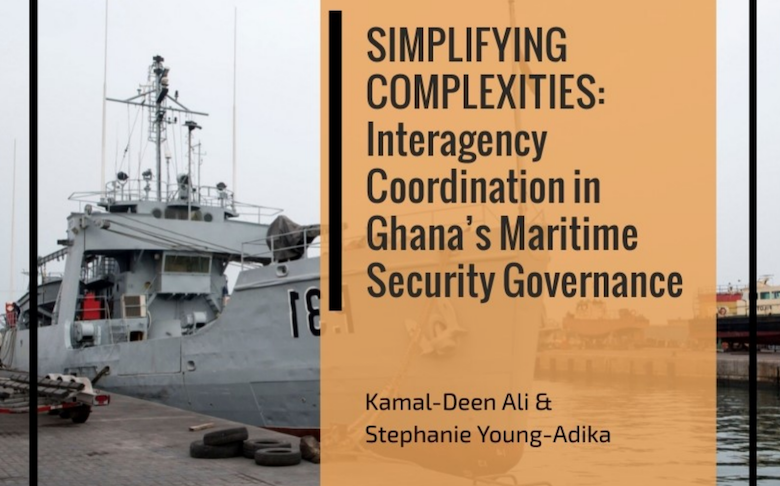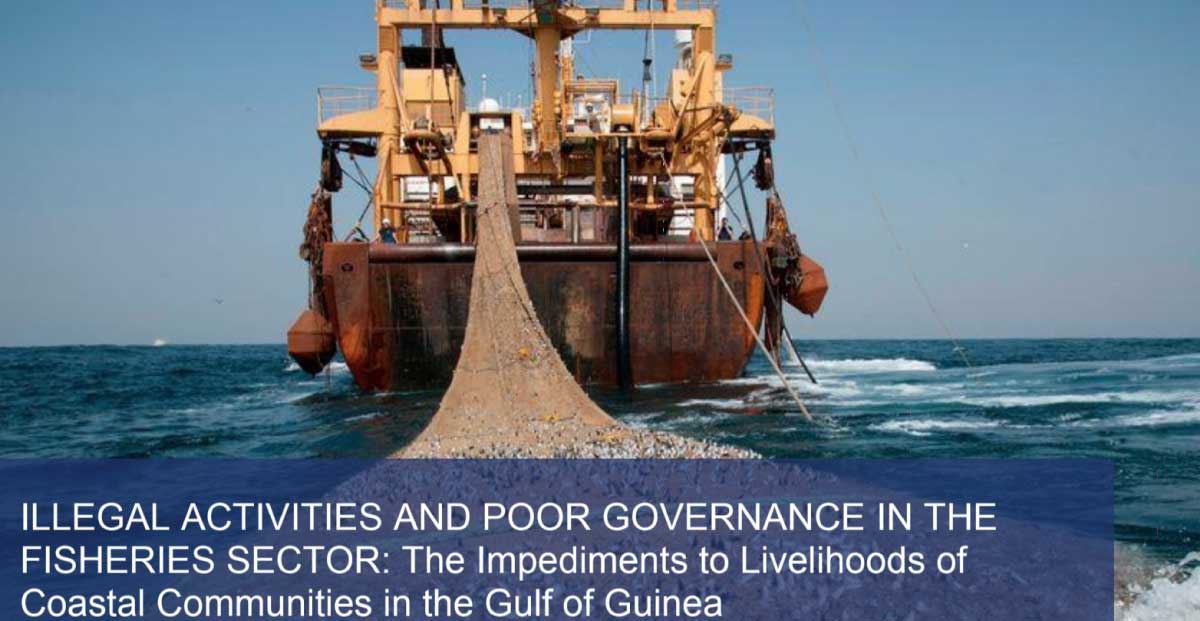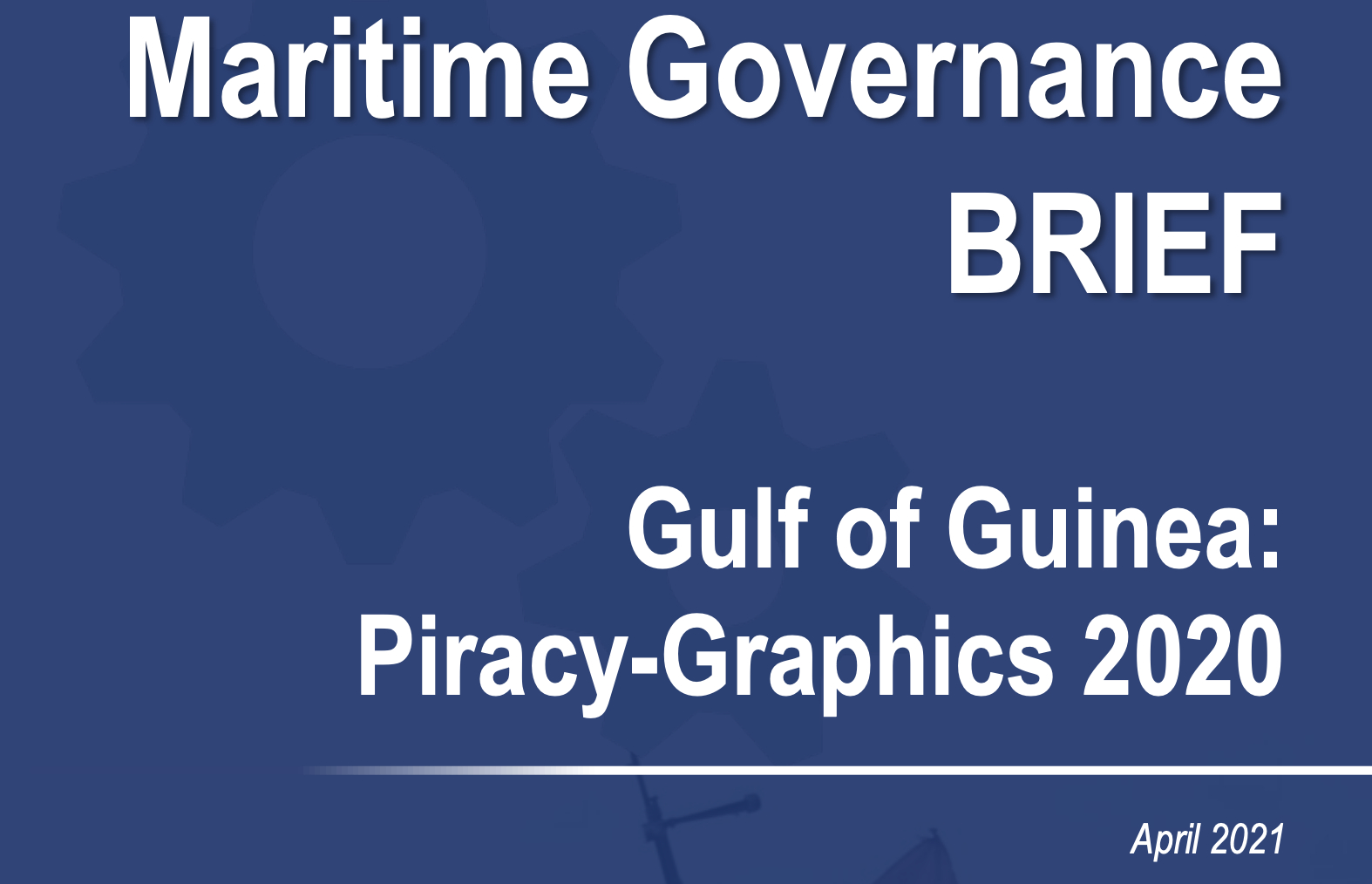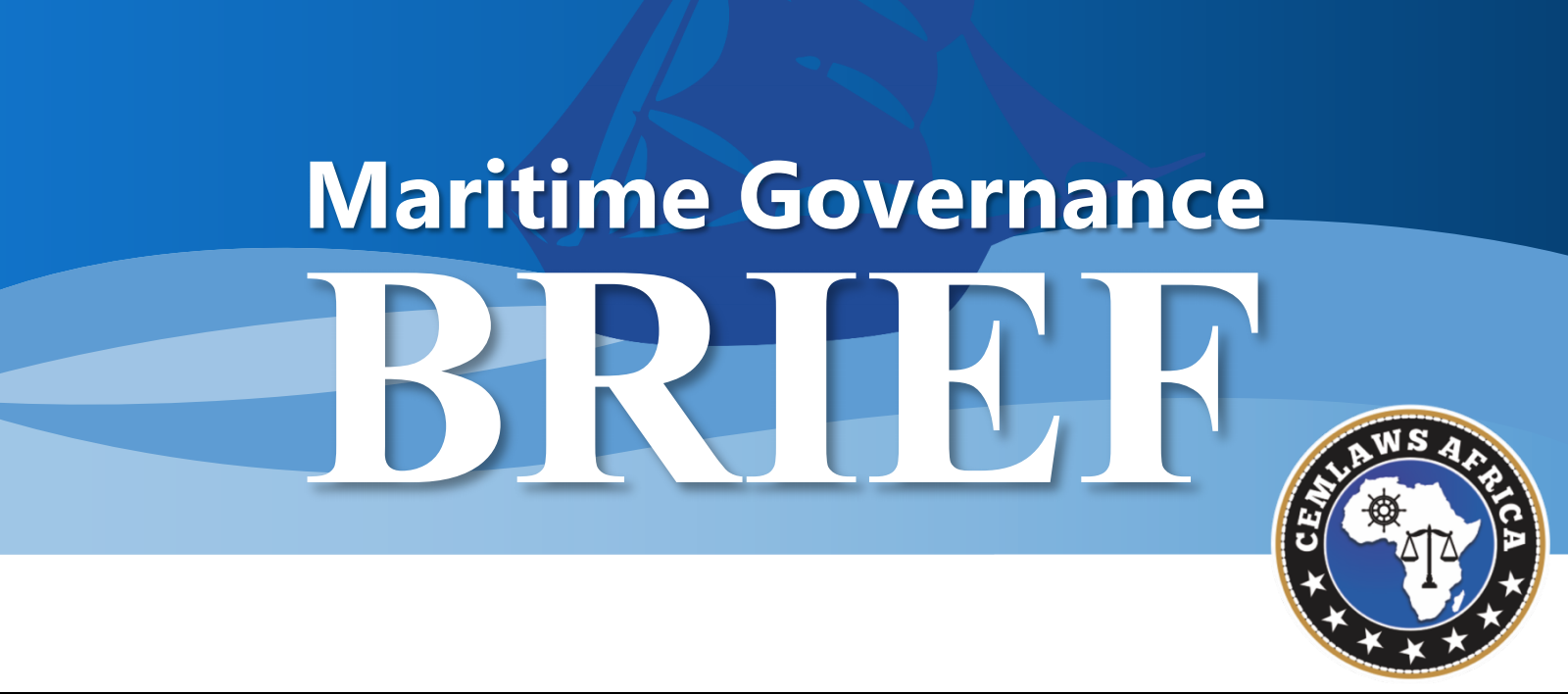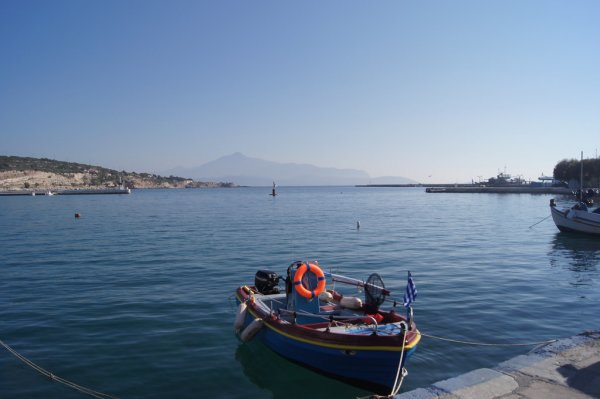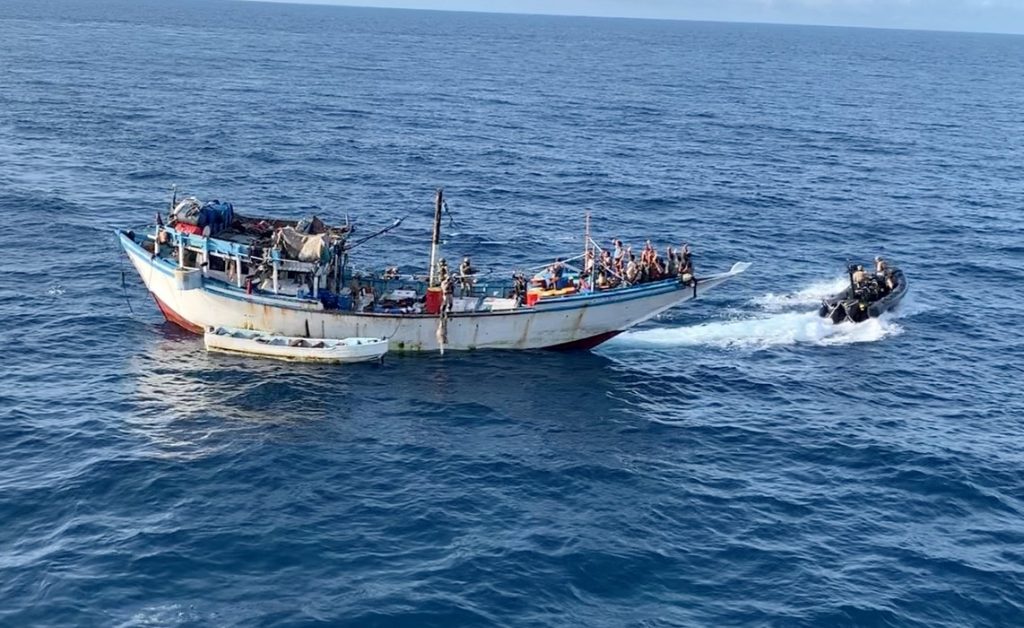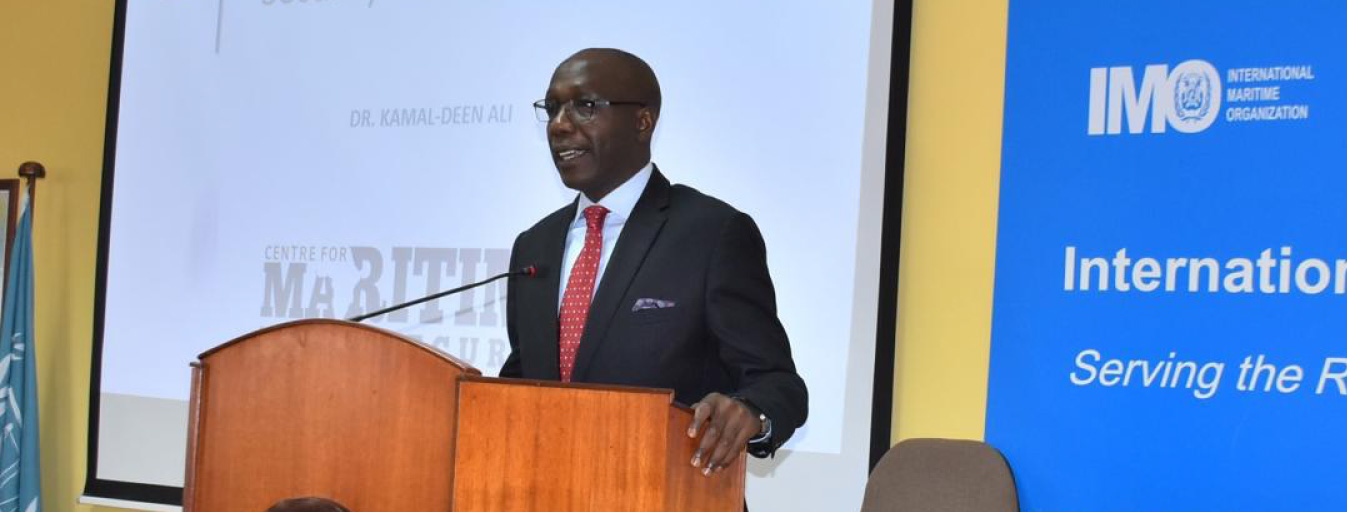CLOSED, BUT NOT CLOSED FOR FISHI DECLARING : Declaring The 2024 Fishing Closed Season in Accordance With Section 84 (1) Of The Fisheries Act, 2002 (Act 625)
Ghana, in 2016, took a significant step towards ensuring sustainable fishing with its implementation of the fishing closed season. At the time, the ban was limited to the industrial sector fisheries. It was expanded to cover the artisanal sector fisheries in 2019. Since then, closed seasons have consistently been imposed every year, except in 2020 […]






